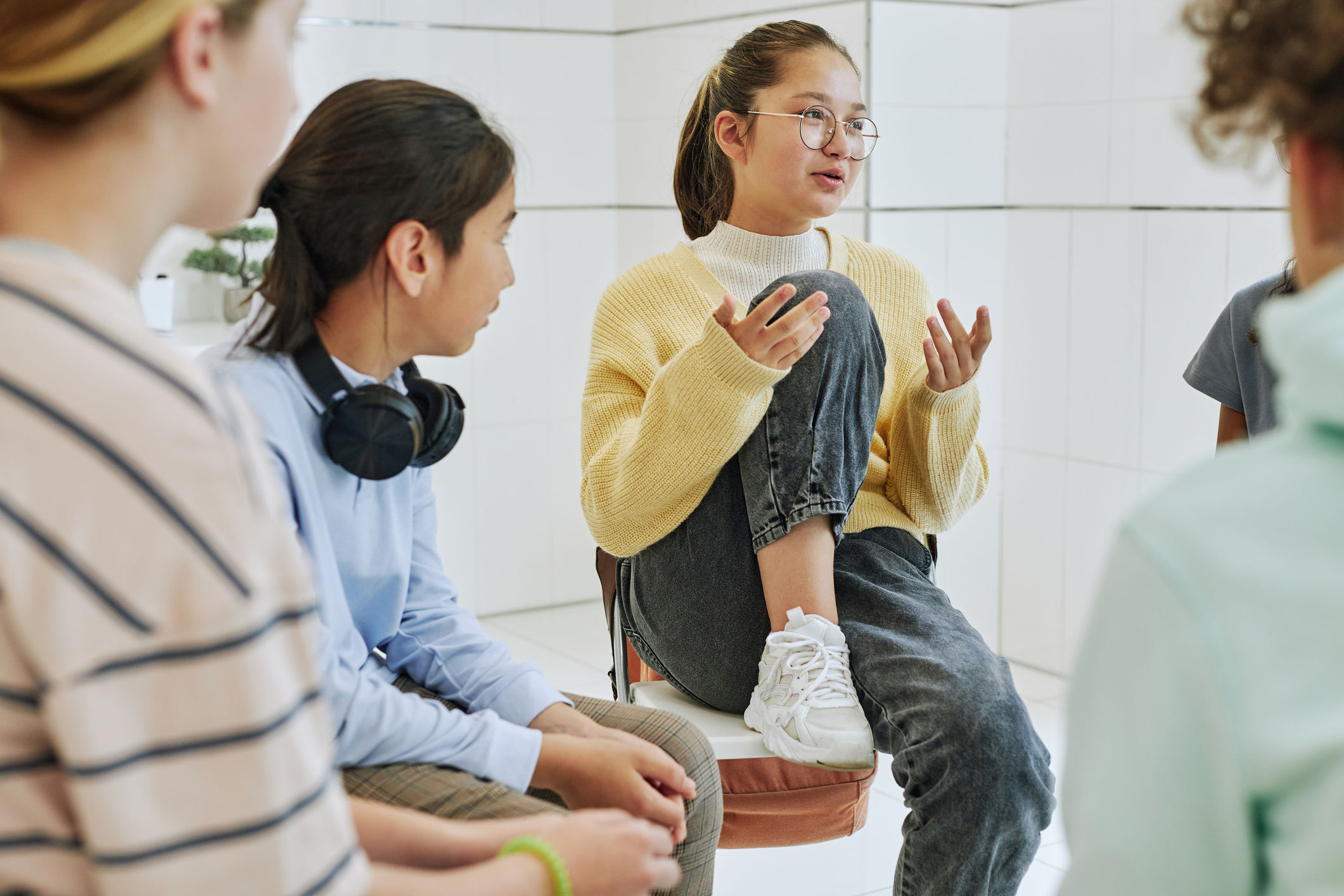
It is no secret that rates of anxiety and depression among school-aged children and teens in the United States are at an all-time high. Recognizing this, the American Academy of Pediatrics, American Academy of Child and Adolescent Psychiatry, and Children’s Hospital Association issued, in2A2l, a joint statement to the Biden administration that child and adolescent mental health be declared an international emergency.”Although most current discussions of the decline in youth mental health emphasize that which has occurred over the past ten to fifteen years, research indicates that the decline has been continuous over at least the last five or six decades.
Although a variety of causes of this decline have been proposed by researchers and practitioners (some discussed near the end of this commentary), our focus herein is on a possible cause that we believe has been insufficiently researched, discussed, and taken into account by health practitioners and policymakers. Our thesis is that a primary cause of the rise in mental disorders is a decline over decades in opportunities for children and teens to play, room, and engage in other activities independent of direct oversight and control by adults. Such independent activities may promote mental well-being through both immediate effects, as a direct source of satisfaction, and long-term effects, by building mental characteristics that provide a foundation for dealing effectively with the stresses of life.
We develop the thesis by summarizing evidence for, respectively, (a) a large decline over decades in children’s opportunities for independent activity; (b) a large decline over the same decades in young people’s mental health; (c) effects of independent activity on children’s immediate happiness; and (d) effects of independent activity in building long-term psychological resilience. Then we discuss the relation of independent activity to well-being from the perspectives of self-determination theory and evolutionary mismatch. In two final sections, we briefly review the evidence cited, comment on some other putative causes of declining mental health in youth, and offer some suggestions for pediatric practice. Unless otherwise noted or obvious, we use the word “children” throughout this article to refer to people under age 18.

Recent Comments